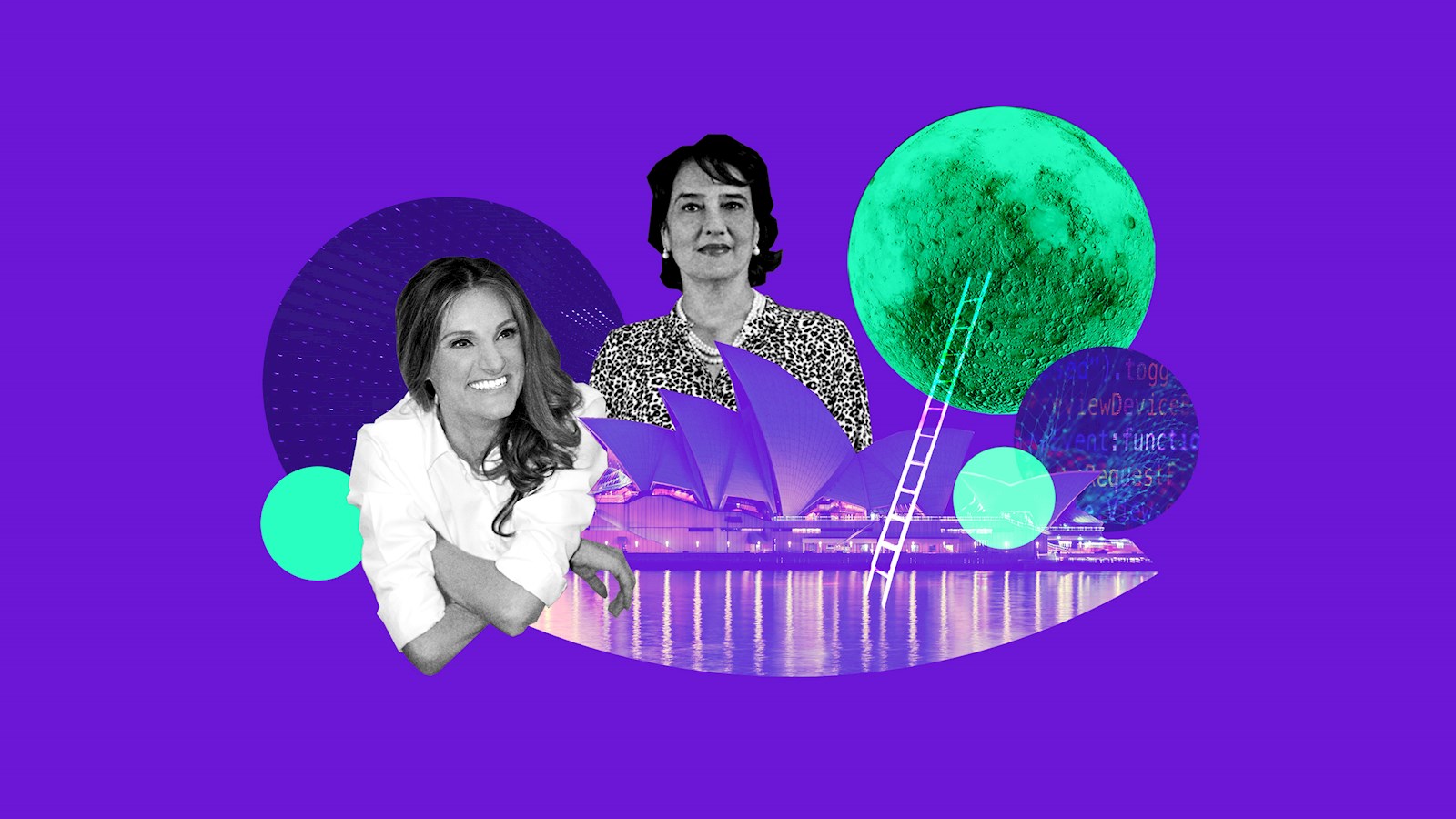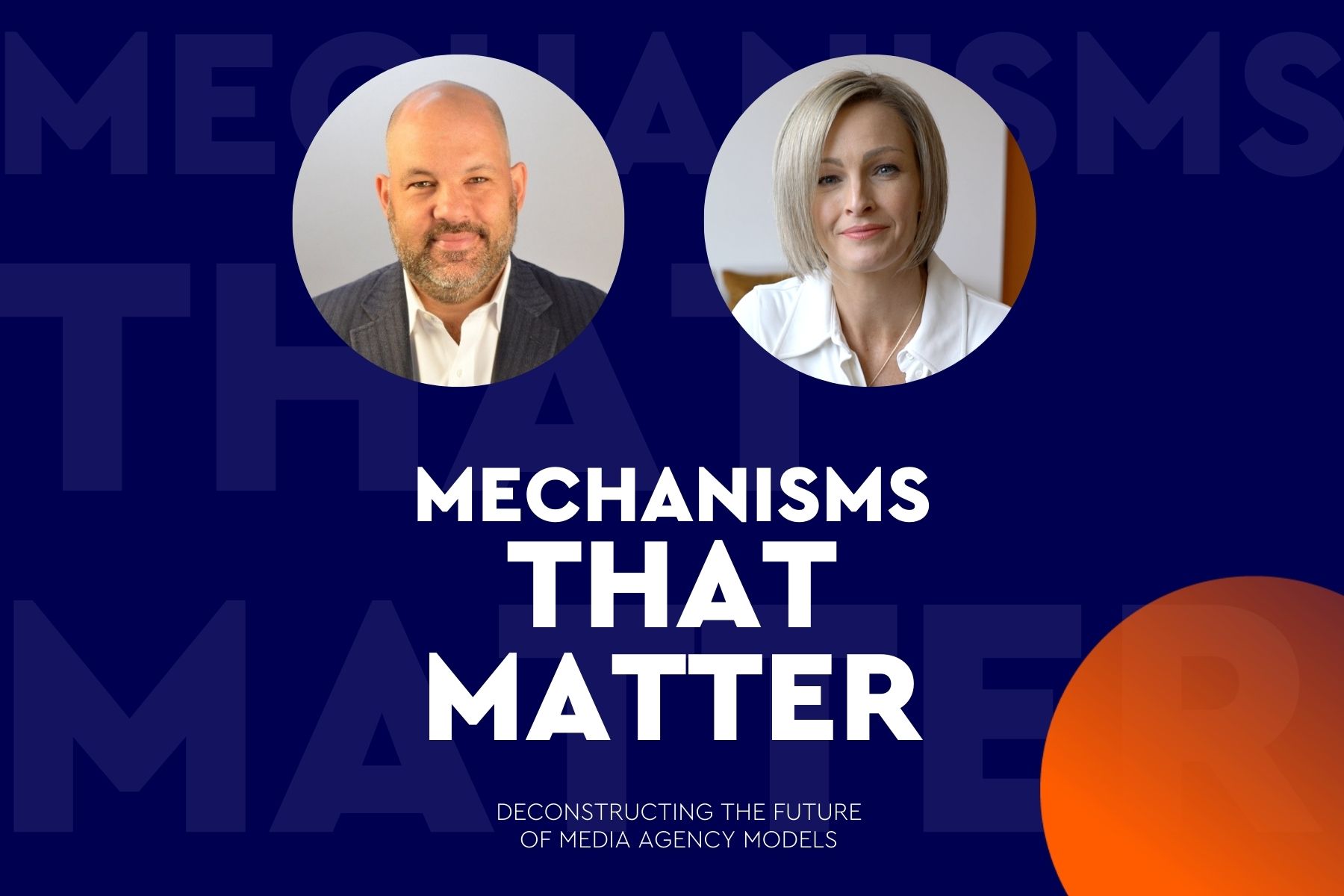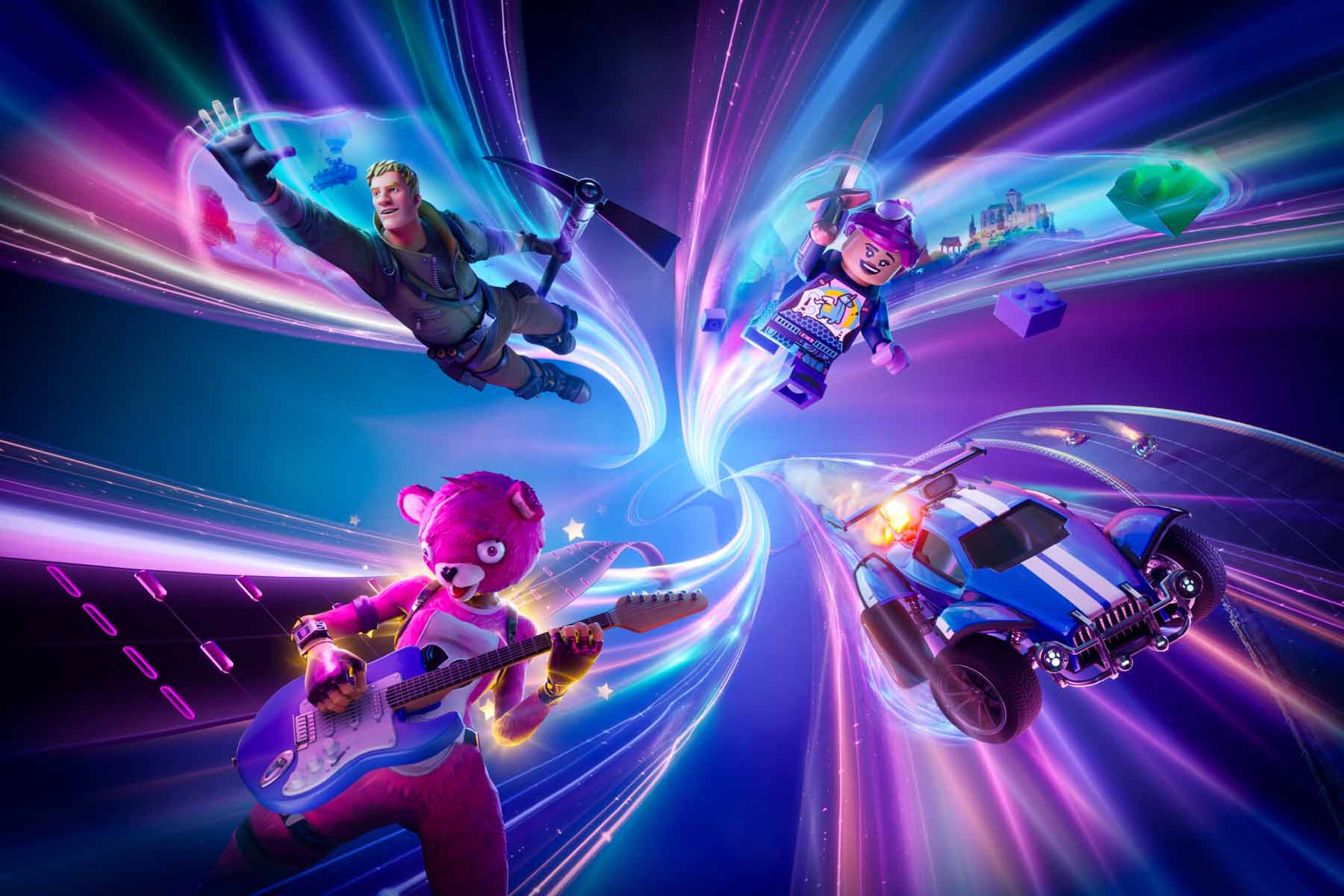
In conversation: Rose Herceg and Ranjana Singh
Changing dynamics and why we need imagination to break through industry noise
Show this article in Chinese, French, Portuguese (BR), Spanish
To coincide with International Women’s Day, WPP brings together 16 brilliant women and men from across its global network, in eight conversations about the industry, equality and the impact of our work on wider society.
Ranjana Singh, WPP’s Country Manager for Indonesia and Vietnam, and Rose Herceg, futurist and Chief Strategy Officer at WPP AUNZ, talk trends vs. counter trends and the power of creativity to identify brand niches.
Ranjana Singh: I’m curious to hear a bit about your career path to Chief Strategy Officer for WPP AUNZ. Did you always know you wanted to work in the industry?
Rose Herceg: I’ve had three businesses and I’ve sold three businesses. The first one I actually sold to STW before the STW WPP merger. I’ve always been a scrappy small-business person. I came into this role really as a consultant when I sold my business. I guess I’m a bit unusual inasmuch as I haven’t really gone up the corporate ladder. My way of getting here has really been to seize opportunities as I see them.
How about you? How did you get to where you are now?
RS: I would like to say now, in hindsight, just sheer hard work. I’ve been at WPP all my working life. I started in media in India, worked within three different geographies [Delhi, Bangalore and Mumbai] and then moved to Indonesia with JWT. I took over the general management of WPP in 2000 when things were really changing.
Sometimes we need to break the rules. Sometimes we need to look at the data and do the exact opposite ... Creativity should allow us to look in spaces where nobody else is doing anything
RH: How long have you been with WPP?
RS: About 35 years.
RH: That says a lot about WPP, doesn’t it, that we have women who came in, in two entirely different ways, and both are doing terrifically interesting jobs that they love, in careers they have nurtured at WPP. No matter how you get in or wherever you come from, there’s such an opportunity for you to be welcomed into the organisation.
RS: You have a background in trend predictions as a futurist so I’m curious to hear from you: if there was one thing you think is really going to transform our industry, what would that one thing be?
RH: I think we’re fast entering an era where people, consumers, can lock out every form of communication that they want unless we do something pretty spectacular. As a result, I think we’ve got to go back to the basics of how to get a person – you, me, somebody else – to come to us rather than us to chase them. You’ve got to change the whole dynamic. And I actually think that’s going to be the single biggest challenge. When I, as a customer, choose a brand and I go to them, that is fantastic. So, it’s how do I actually make that happen more and more for our clients when the person seeks us out and not the other way around? And that is an entirely different model.
I’m excited by that because I think it’s possible, but I think that’s going to be the greatest challenge, the greatest transformation for our business.
RS: Interesting. For me, it is really a balance between technology and creativity for our industry. It’s about doing what we do best, which is creativity, ideas and solving clients’ problems.
RH: I completely agree with that too. Creativity really is another word for imagination. We just need to open our imagination. Sometimes we need to break the rules. Sometimes we need to look at the data and do the exact opposite because everyone’s running towards the data. Every brand is doing exactly the same thing. I’ve always believed that for every trend there’s a counter trend. Creativity should allow us to look in spaces where nobody else is doing anything. So, for me, originality, imagination – that’s what we’ve got to use.
RS: In Indonesia and Vietnam there’s a strong culture of originality – and starting new things using new technology. In Indonesia we have a lot of homegrown unicorns. I mean the most amazing of them is Gojek, which has transformed people’s lives and has actually now grown to be a decacorn. Vietnam is also a very well-known gaming market and it’s again young people who are creative, passionate, excited.
That says a lot about WPP, doesn’t it, that we have women who came in, in two entirely different ways, and yet both are doing really terrifically interesting jobs. No matter how you get in or wherever you come from, there’s such an opportunity for you to be welcomed into the organisation
I wanted to ask, given that this year the International Women’s Day theme is #EachforEqual, what does it mean to you?
RH: I think if you’re seeing something that isn’t sitting right with you, that doesn’t speak to an equal world, then speak up. The way that we can look at this, is that each one of us is living in a little microcosm or a business or a world where each of us has a role to play, to look at equality and make it real.
I think a lot of people do behave unconsciously. There is unconscious bias. There are things that we do that we’re conditioned to do by the families in which we’re raised, but I think this is something we all have a role in. We can each exercise our own responsibility and speak up if we’re seeing something that doesn’t speak to equality; I think a lot of people stay silent. They don’t want to mess things up, they don’t really get involved, they don’t want to politicise something. It isn’t political, it’s human. I think that every person has their role to play and they can all do something about it. Each of us can.
RS: I think that was beautifully put and that’s really what it is, and it’s not just for women. I think wherever you see something wrong being done, everyone at all times should speak out. But even more important, I think, is to first become aware.
International Women’s Day is important because...
RS: … For me, I think every day of the year should be an equal day, whatever that is.
RH: … we’re still not all equal and until we are, and until gender is irrelevant and we live in a world that actually looks like a meritocracy, then we still need to talk about International Women’s Day. That's why.
Read more from our #EachforEqual in conversation series
published on
06 March 2020
Category
More in Communications

Rebranding cancer: how brands heal and hurt
Along with consumer brands, the ‘brand’ of condition or event influences us.

Mechanisms that Matter – Inside WPP | Ford’s revolutionary marketing model
How a process created on the factory floor over 70 years ago has transformed ops for the auto giant

How to build your brand in-game
A new research report from WPP and SuperAwesome

